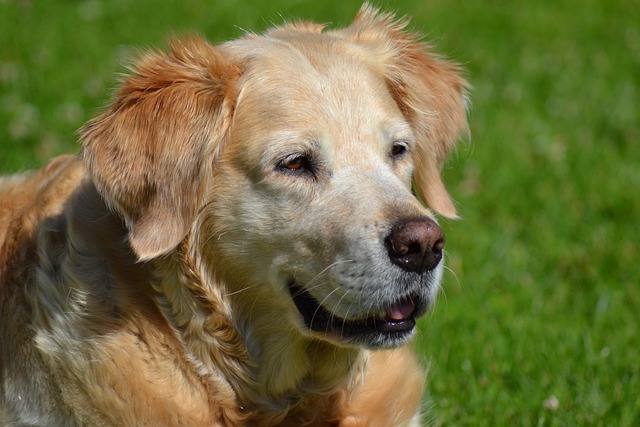
What Causes Fungal Skin Diseases in Dogs?
If you’ve noticed your pup scratching more than usual, or spotted flaky patches on their coat, fungal skin issues might be to blame.
You’ve noticed your usually energetic Labrador dragging his paws during your morning walk, or maybe your terrier’s once-glossy coat now looks dull and flaky. Before you dismiss it as "just a phase," consider this: your dog might be showing early signs of a vitamin B deficiency. Unlike dramatic health crises, these subtle changes often fly under the radar—until they become serious.
Vitamin B isn’t just one nutrient; it’s a group of essential vitamins (B1, B6, B12, etc.) that keep your dog’s metabolism humming, nerves functioning, and skin healthy. Since dogs can’t store most B vitamins, they rely on daily intake through food. But when something disrupts that balance—like a homemade diet missing key nutrients or a digestive issue impairing absorption—symptoms start creeping in. Watch for these red flags: unexplained weight loss (even with a good appetite), crusty skin around the nose/mouth, or stumbling like they’re tipsy (a sign of neurological trouble). Dr. Lisa Reynolds from Boston recalls a case where a rescue Greyhound’s seizures stopped after addressing a severe B1 deficiency: "The owner thought it was epilepsy, but it was malnutrition in disguise."
So, what’s the game plan if you suspect a deficiency? Step 1: Audit your dog’s diet. If you’re feeding raw or home-cooked meals, consult a veterinary nutritionist—those trendy "80/10/10" recipes often lack sufficient B vitamins. Step 2: Schedule a vet visit for bloodwork. Pet insurance (like Trupanion) often covers these tests—a lifesaver since diagnostic costs in cities like L.A. can hit $300+. Step 3: If supplementation is needed, liquid B-complex (like Thorne’s PetB12) absorbs faster than pills for dogs with gut issues. Mix it into bone broth (a favorite for picky eaters) or smear it on their paw so they’ll lick it off.

Now, the legal and cultural backdrop. In Europe, some countries (like Germany) require proof of balanced nutrition for breeding dogs—but in the U.S., regulations are looser, putting the onus on owners. That Portland couple who fed their Bulldog only sweet potatoes? They faced animal neglect charges when the dog developed severe B12 deficiency. On a lighter note, remember that leash laws apply even to "harmless" vitamin-deficient dogs—a wobbly, disoriented pup darting into traffic is every dog-walker’s nightmare. And yes, you still need to scoop that B-vitamin-fueled poop; Chicago’s new composting bins in Wiggly Field dog park make disposal easier.
Apartment dwellers, take heed: Small-space living increases deficiency risks. Limited outdoor time means less sunlight (which helps activate B vitamins), and stress from noisy neighbors can deplete B stores faster. Counter this with snuffle mats (mental stimulation reduces stress) and scheduled "sunbathing" sessions by windows. If your pup startles at hallway noises (a common stress trigger), avoid yelling—positive reinforcement with high-value treats (try freeze-dried liver) builds confidence better than old-school scolding.
Bottom line? Vitamin B deficiencies are stealthy but solvable. Stay observant, work with your vet, and remember—preventing problems beats treating them.

If you’ve noticed your pup scratching more than usual, or spotted flaky patches on their coat, fungal skin issues might be to blame.

You’ve noticed your usually energetic Labrador dragging his paws during your morning walk, or maybe your terrier’s once-glossy coat now looks dull and flaky.

Imagine you’re in your Chicago apartment, rummaging through your medicine cabinet for your own vitamin B complex—your 18-month-old Lab mix

Imagine you’re in your Los Angeles apartment, folding laundry while your 18-month-old Golden Retriever, Max, curls up on the couch—except he’s not resting.

Imagine you’re in your New York City apartment, sitting on the rug with your 1-year-old Lab mix, Max, while he rolls around and scratches his ear so hard he yelps.

There’s nothing quite like the sinking feeling when you notice your furry friend limping or obsessively licking their paws.